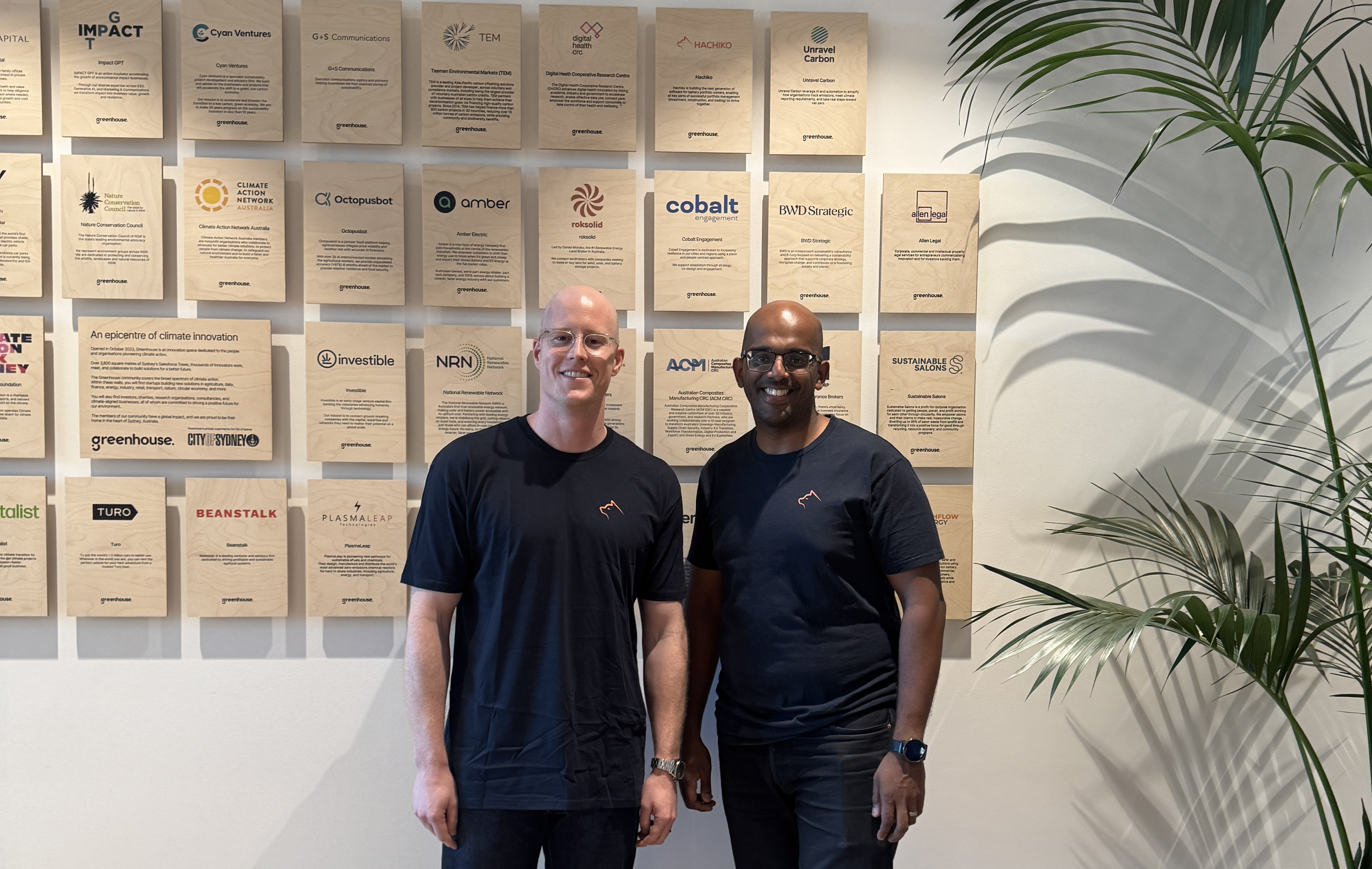
You’re an investor who has just been given the chance to back what could be the world’s next unicorn. It’s an incredible opportunity that any number of people would desire but also a significant risk.
So, how do you decide whether or not to take a punt?
You might have a set list of criteria in mind or maybe, you prefer to go with your gut. But what if I told you that either way, your decision is doomed from the start?
In its simplest form, the investment opportunity above is a ‘Yes or No’ question: “To invest or not to invest?” While the assessments and evaluation process vary, it’s how most investors operate, especially those accustomed to evaluating listed or later-stage companies. They weigh up investment decisions based on a methodology that involves looking at factors such as annual revenue, cost of acquisition, YoY growth, the competitive landscape and more. They create detailed forecasts and run a discounted cash flow analysis. And in the end, they decide yes or no.
The depth and quality of information available makes this type of ‘traditional’ decision-making relatively straight-forward, especially for active and experienced investors whose clear mandate and strong reputation help them source a large number of high-quality opportunities.
But angel investing is an entirely different game. In this environment, framing an investment decision as a ‘Yes or No’ question can actually be your downfall.
Better decisions = better outcomes
I’ve talked for many years now about the importance of what I call Decisionship – one’s ability to make faster, better informed decisions, without anxiety. If you can focus your attention on the decisions that matter, accurately assess decisions from all angles and focus on the ones that create the most positive momentum, you can navigate business challenges and opportunities with greater success.
In the context of the investment scenario I mentioned above, we will assume that the decision is one that matters and deserves your attention. (We are talking about a potential unicorn, after all.) Next, is the challenge of accurately assessing the decision and focusing on what’s most likely to propel you forward. And it’s here that we need to shift our thinking. Instead of a Yes or No question, we need to reframe the opportunity as a Multiple Choice question. Why? Because seed investors have much less information at their disposal. And in an already risky situation, making early-stage investment decisions in isolation greatly increases the chance of failure.
If you want to make better ‘picks’, then you need to stop investing on a deal-by-deal basis. Instead, evaluate investment opportunities against other investment opportunities, such as in a group of three instead of one-by-one. By looking at investments side-by-side, you force yourself to evaluate each opportunity more objectively and within context. You also reduce your susceptibility to unconscious bias or particularly persuasive founders.
Early-stage startups all come with knowledge gaps that can’t be easily filled. At Investible, we have a proven methodology and due diligence process that helps paint a clearer picture of the founder team, the business model, and other key business and external factors. By looking at a large quantity of high-potential startups, we also build on our knowledge base and develop more accurate ways to reduce the risk of early-stage investment. But even with a robust methodology in place, when it comes to making the final call, we are usually picking the ‘winner’ from a ‘Top 3’. Positioned in a different light, this approach is the difference between a very lucky job seeker with three offers on the table weighing up their options and another who only has one. You can tally up the pros and cons, but you gain greater clarity by comparing similar opportunities.
Evaluating investment opportunities within a ‘Multiple Choice’ framework and in a consistent cadence helps us build a large, diverse portfolio – which is arguably the best way to increase the chance of being a successful angel investor.
But regardless of what your portfolio looks like today, remembering the immense value that ‘choice’ can bring to your life and business can help you make faster, informed decisions.






